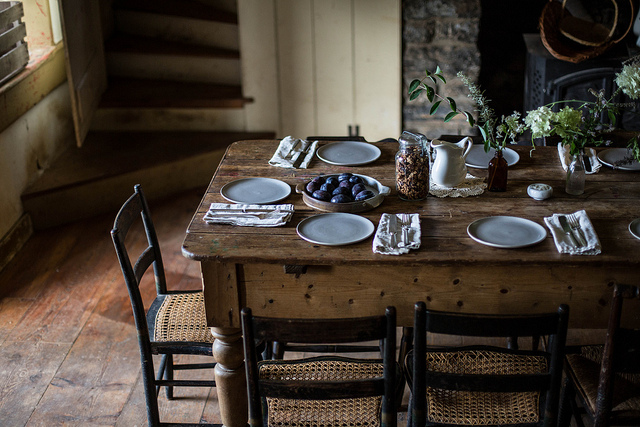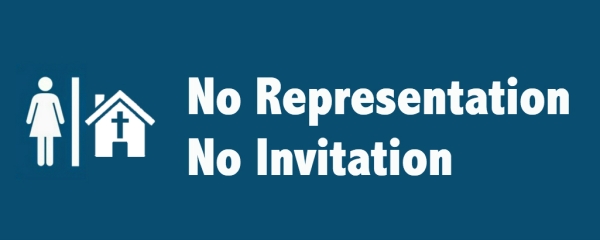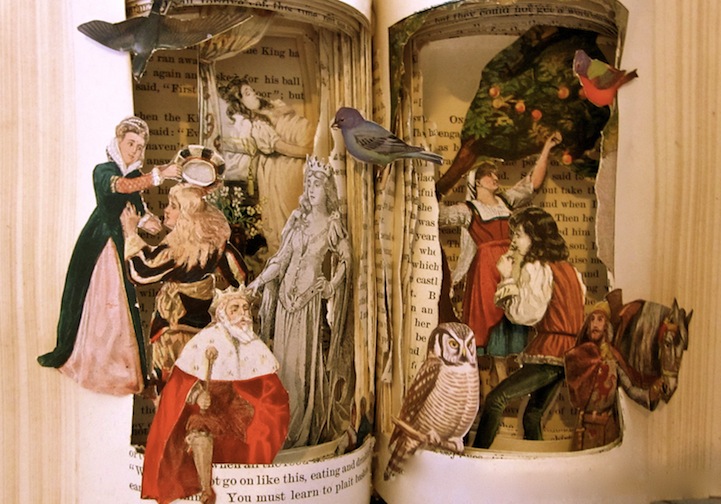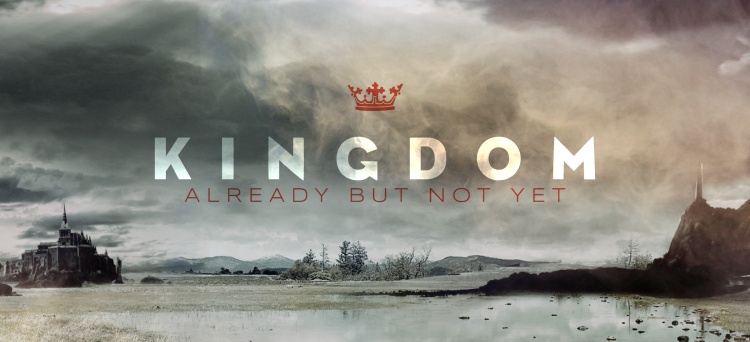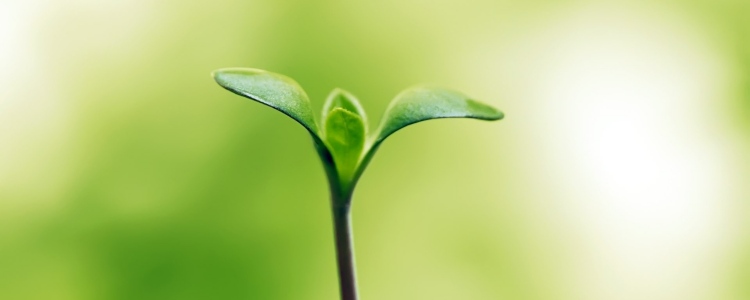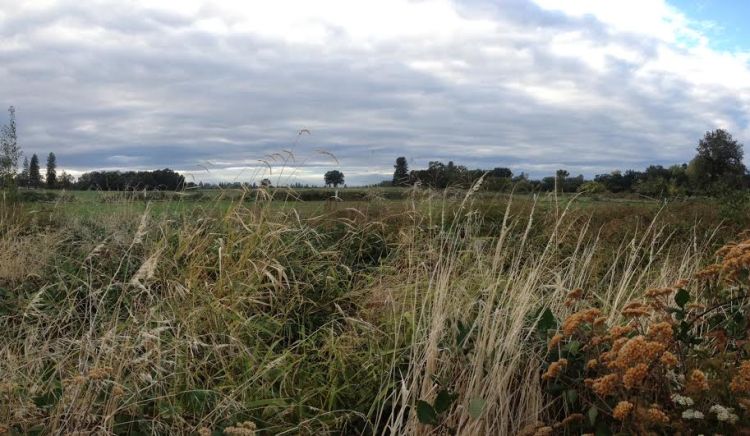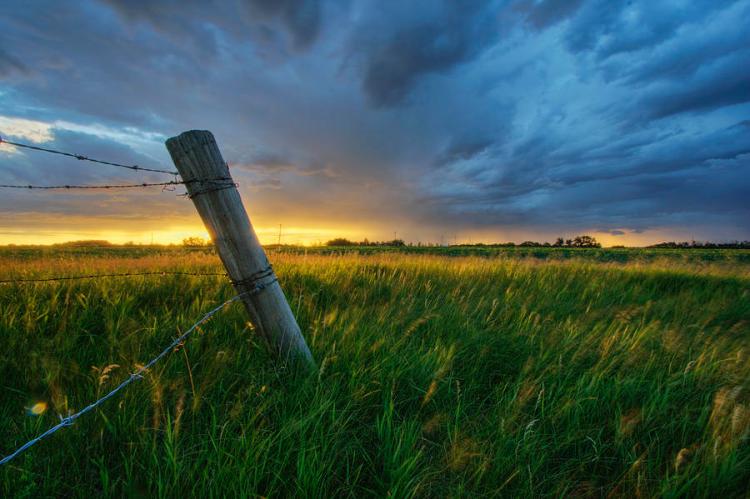This post is part of a Mother’s Day synchroblog. I’ve joined up with some incredible women who are passionate about eradicating sex-trafficking. Please head over to Kaylie Hodges blog to read more in this series.
—
Nestled cozily amongst the ubiquitous greenery, beaming in the glint of a deep blue harbor, sits the city I call home. One of the fastest growing cities in America, we’ve officially, unofficially launched campaigns called “stop telling people about Portland.” Okay, but jokes aside, when people think of Portland, a number of things often come to mind, most notably, an unparallel culinary experience. Whether it’s food or drink, we take the cake [literally] and up you a Blue Star donut. You’re welcome.
Portland is known for having established what is referred to as “coffee culture.” We have more breweries than any other city in the world, with wine country just a short drive down the road to some of the most elegant Pinot’s you’ve ever tasted. I recently heard a pastor say this about Portland, “A few things happen when you move to Portland: one, you get a tattoo, it’s like a passport stamp, ‘Oh, I see you’ve been to Portland.’ And second, your taste in coffee and beer get very expensive, or ironic, you have a choice.”
But don’t concern yourself with it, as the hipsters say, “You probably wouldn’t understand…”
If you’re not a bona fide, high profile foodie, you may still be drawn to Portland for its outstanding beauty and conduciveness for outdoor adventuring. Home to hikers, bikers, dragon boat racers, you name it, you’ll find it. With a heart for conscious consumerism, small business and sustainable practices, Portland is almost literally the Garden of Eden.
Interested in starting a non-profit? We probably already did. You guessed it: we’ve got more non-profits per capita than any other city in the U.S. And while I could continue this rather pretentious Portland pitch [it’s surprisingly easy to make fun of Portland], that is actually not the point of this post.
Edenic imagery in mind, there is actually a disturbingly dark underbelly to the city that often gets overlooked at first glance, particularly by those just passing through on their gluttonous food tours [Yeah, we know who you are with your umbrellas in tow, your Dutch Bro’s… frappy thingys, and flagrant mispronunciation of “Couch” street]. But I’ve digressed…
As I was saying:
Food and outdoor adventuring are not the only markets we monopolize. There is actually one additional category in which we top the charts, but we don’t really like to talk about it. It’s like airing our dirty laundry, we’d rather not. We’d rather tantalize your taste buds and keep you wrapped up in the hedonism we idolize in this city than admit that we’ve been identified as a central and prominent hub for sex trafficking.
There it is, our deep, dark secret.
According the U.S. Department of Health and Human Services, human trafficking is the second largest and fastest growing criminal industry in the world. It is estimated to generate $32 billion a year, $28 billion of which is generated from commercial sexual exploitation. The average age of entry into the commercial sex industry in the United States is between 12 and 14. Portland is ranked second for the greatest number of children found in forced prostitution among all U.S. cities [Source].
Tragically, we often think of these sorts of issues as being far removed from our comfortable little worlds. These are systemic problems arising out of troubled economies somewhere over there in those other countries. In other words, it’s someone else’s problem. But this simply isn’t true. This egregious “industry” is running rampant in our own backyard.
All of it is our problem.
—
Recently, my younger sister met and immediately became inseparable with a young woman she met at work. My sister has always chosen outstanding friends, so when I had the privilege of meeting her, I was eager to hear her story.
I was driving the three of us out to the Gorge for a hike, because obviously. Within minutes I was struggling to see through my tears as she shared in such humility and transparency the intimate details of her life.
She began her story as a mere babe, roughly 4 years of age, growing up in Sikkim, India. With striking poise and grace, she recounted the instance that would change the trajectory of her entire life.
She and her sister were attempting to find higher ground during a monsoon when the taxi driver stopped to offer them a ride to safety that day. The decision to accept his offer still haunts her today; they were so young- her sister just barely in her double digits.
When the taxi driver stopped again, she had to witness her sister being mercilessly raped by this old man. She can still hear her cries; still see the blood that dripped down her leg later that afternoon in the showers at the brothel they’d been taken to.
Public transportation remains a terrifying trigger for her today. “No money in the world could get me into another taxi,” she says.
In the days and weeks that followed, she recalled her sister trying to explain to her what sex was, and where they’d been taken, and what she ought to do when the men started coming to her. But she didn’t understand. All she could comprehend is that these people gave them food and nice clothes and bangles. They sent her to dance classes and gave her a warm bed to sleep in at night.
She’d been a mere baby- 4 or 5 years old- and her virginity was worth a great deal. She was being “groomed.”
She recounted the day her sister came to her and said, “We have to run away tonight.” While she found this confusing at the time, her sister had been insistent, and ultimately, she trusted her with her life. So in the middle of the night when her sister woke her, they crept up to the rooftop where they would jump from structure to structure until they made their way to the ground. Then, they made their desperate getaway and ran for their lives. They slept in cornfields during the day, and ran at night. Eventually, by the grace of God, they would make their way back home. Her older sister was married off shortly thereafter, but because of her young age, her father would send her to America to be adopted for a chance at a better life.
“He tried to explain to me that there was this place where anything was possible. Where I could be whatever I wanted; a place where I could eat as many apples as I desired. He knew how I loved apples.
“He handed me a bag of peanuts when he put me on the train that day. I was so excited about the peanuts. I could see him out the window, and remember being confused by his tears. All I could think about were the damn peanuts.”
Tragic as this story is, it has a much happier ending than most. She and her sister ultimately escaped, wounds intact. But not all are so fortunate.
This kind of evil breaks me. I’ve read all kinds of statistics and information about the rampant nature of this evil, and I still don’t know how to process it. All the information, the statistics, they feel so far away, so removed and distant.
And then I see her face. I hug her and I remember, that the statistics have faces, they have stories, and they are right here among us. Who knows, you may discover one day that a victim is closer than you ever imagined, she might just be your sister’s best friend.
—
Here in this beautiful city I call home, sex trafficking is alive and well. Almost more shocking is that the majority of those who live here have no idea our beloved city is home to the second largest trafficking hub in the country. And as much as I may wish to deny it, Portland is no Garden of Eden. But where you live, whether in Portland or Nepal makes little difference. That’s the point. Boundary lines can’t and don’t contain sex trafficking. Government systems aren’t able to eradicate the crime, and every well intentioned non-profit can’t protect all the young girls and boys.
But before we throw up our hands in helplessness, there are things that can be done.
Would you join me and my friends today in prayer over this horrific evil? Our prayers are heard and they do matter. And if you have the resources, would you consider making a donation to one of these organizations to help bring freedom for those trapped in a life we can’t even begin to wrap our imaginations around?
Here are some resources and ways you can help.
1) Very good summary video about the problem as it is manifested in Portland, put on by the Junior League of Portland: Waiting for the Light.
3) And of course, please visit the other posts in this series for more information, link at top of post.
Grace, Peace and Freedom for all.



